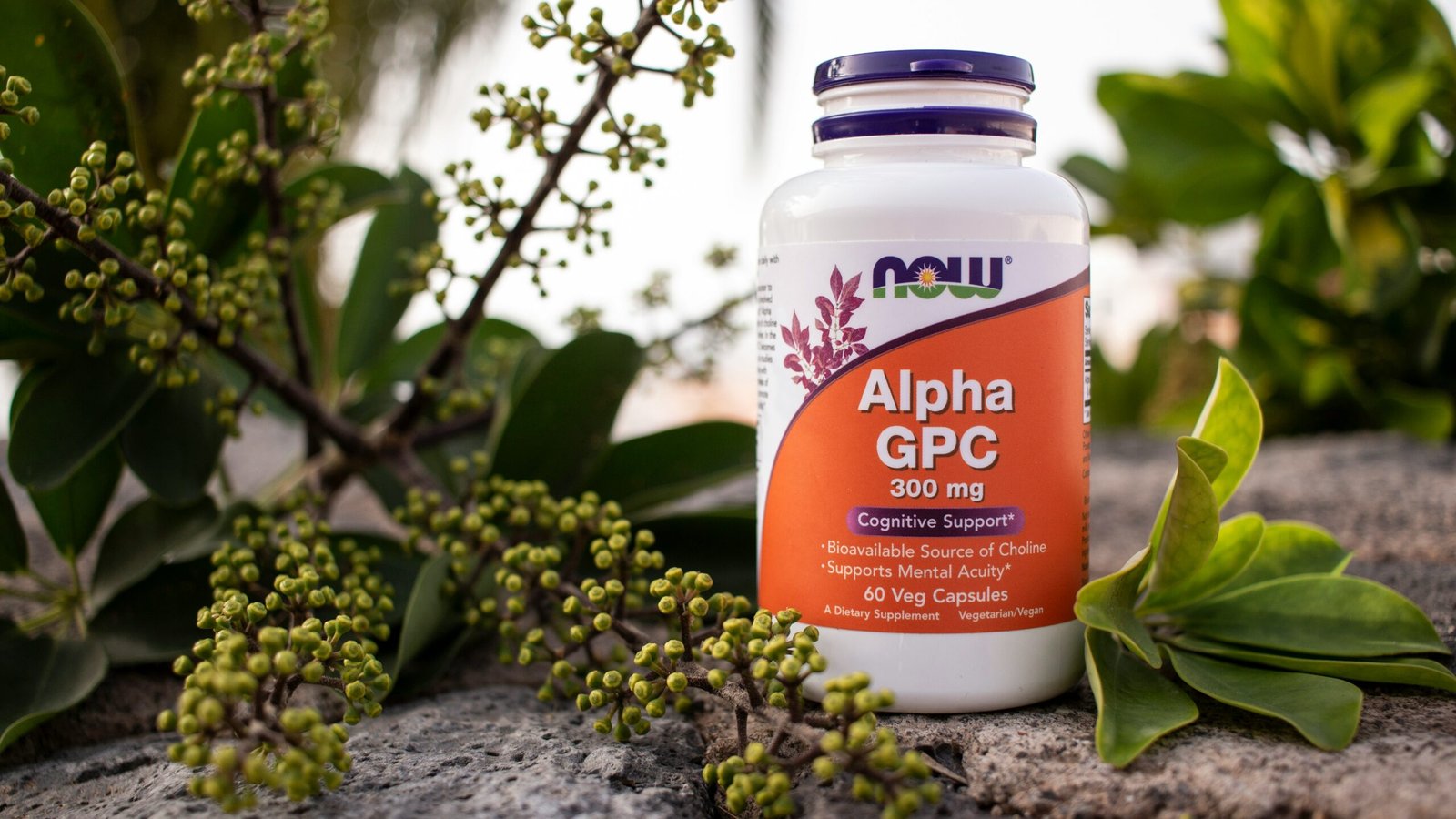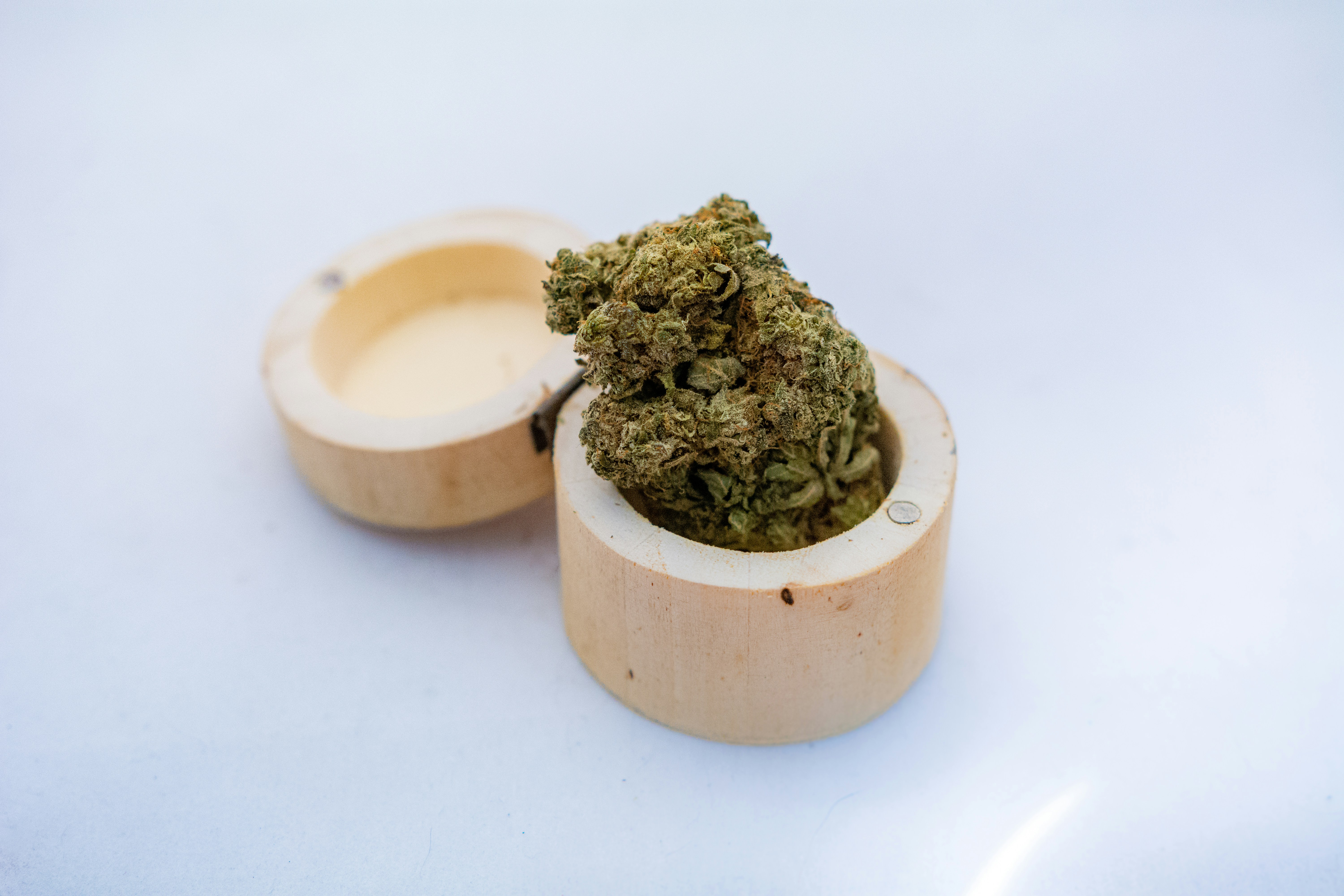The Wonders of Astragalus: Uses, Benefits, and Best Practices
January 20, 2025 | by dcmadicanals@gmail.com

Understanding Astragalus: An Overview
Astragalus, a prominent herb within Traditional Chinese Medicine (TCM), derives its name from the Greek word for “ankle,” reflecting the shape of its root. This herb is botanically classified under the family Fabaceae, which includes over 2,000 species, comprising both perennial herbs and shrubs. The most well-known species are Astragalus membranaceus and Astragalus mongholicus, which are primarily utilized for their medicinal properties. Both species are celebrated for their adaptogenic qualities, contributing to their status as a ‘super-herb.’
Harvested for centuries, Astragalus boasts a rich historical and cultural significance. Its use dates back to ancient Chinese texts, where it was revered for its ability to bolster the body’s defenses against illness. Traditionally, Astragalus is categorized as a qi tonic, a vital essence in Chinese medicine associated with energy levels and immune function. As such, it plays a crucial role in promoting overall health, longevity, and vitality. Within the TCM framework, this herb is often combined with other natural ingredients to enhance its effects, making it a staple in herbal formulas aimed at improving well-being.
Today, the applications of Astragalus extend beyond just TCM practices; it has gained recognition in the broader field of herbal medicine. It is frequently employed for immune support, particularly in fighting respiratory infections and reducing the duration of illness. Additionally, research indicates that Astragalus may possess antioxidant properties, helping to protect cells from oxidative stress and potentially mitigate the effects of aging. As a result, this powerful herb has found its way into dietary supplements, teas, and tinctures, catering to modern health enthusiasts seeking natural ways to boost their vitality and resilience.
Health Benefits of Astragalus
Astragalus, a powerful herbal remedy derived from the root of the Astragalus membranaceus plant, has gained substantial recognition for its wide array of health benefits. One of the most notable attributes of Astragalus is its ability to bolster the immune system. Scientific studies suggest that Astragalus extracts may enhance the production of white blood cells, which play a crucial role in defending the body against pathogens. A randomized controlled trial has illustrated the positive effects of Astragalus in increasing the activity of immune cells during respiratory infections, highlighting its potential as a preventive agent against common illnesses.
Furthermore, Astragalus has been associated with improved stress resilience. Adaptogenic properties of this herb help the body manage stress by modulating the hypothalamic-pituitary-adrenal (HPA) axis, which governs the response to stressors. Research indicates that consistent use of Astragalus may lead to reduced levels of cortisol, the stress hormone, promoting a more balanced emotional state and reducing anxiety.
Cardiovascular health is yet another area where Astragalus shines. Studies have shown that the supplement can help lower blood pressure and enhance circulation by aiding the dilation of blood vessels. Antioxidant compounds found in Astragalus also contribute to the reduction of oxidative stress, which is a contributing factor to heart diseases. Additionally, the anti-inflammatory properties of the herb could play a significant role in preventing chronic diseases, particularly those related to cardiovascular health.
While these benefits are compelling, it is essential to approach Astragalus with caution. Some individuals may experience side effects or various interactions with medications, particularly immunosuppressive drugs. Users should consult healthcare providers before incorporating Astragalus into their health regimen to assess potential risks and ensure optimal use. Recent scientific investigations continue to provide insight into the full spectrum of benefits offered by Astragalus, paving the way for informed choices regarding its usage.
Ways to Incorporate Astragalus into Your Diet
Astragalus, a time-honored herb in traditional medicine, offers various methods of incorporation into daily meals and remedies. Its versatility allows for seamless integration into a variety of dietary practices. One popular form of astragalus consumption is powdered extract, which can easily be added to smoothies, soups, or stews. Adding one to two teaspoons of astragalus powder to your favorite recipes can enhance both flavor and health benefits, providing a simple way to promote well-being.
Another effective method involves brewing astragalus in the form of herbal tea. To prepare this refreshing drink, steep two to three grams of dried astragalus root in boiling water for about 15-20 minutes. Strain the mixture and enjoy the soothing effects. For enhanced taste and benefits, consider adding honey, ginger, or lemon to your tea. Consuming astragalus tea regularly may support immune function and energize your body.
Astragalus tinctures are also available and offer a convenient way to consume the herb. These liquid extracts are highly concentrated and can be mixed with water or herbal teas. A common dosage is 30-40 drops, taken two to three times daily. It is advisable to follow the manufacturer’s guidelines or consult a healthcare professional for personalized dosing, particularly when incorporating astragalus tinctures into your routine.
In addition to these methods, astragalus capsules can provide a straightforward option for those who prefer not to taste the herb. Standardized capsules, available in health stores, typically contain dosages ranging from 500 mg to 1000 mg. When aiming for maximum efficacy, consider taking them with meals, which may enhance absorption.
Ultimately, the key to successfully incorporating astragalus into your diet lies in consistency. When consumed regularly, in any of its various forms, this remarkable herb can provide numerous health benefits and support an overall balanced lifestyle.
Potential Side Effects and Considerations
Astragalus, while valued for its numerous health benefits, is not devoid of potential side effects and interactions that warrant attention. Although the herb is largely considered safe for most people when taken in appropriate doses, certain individuals may experience mild gastrointestinal symptoms such as diarrhea, nausea, or bloating. More rarely, some users might experience allergic reactions, presenting as skin rashes or itching. It is crucial to monitor for any adverse effects, especially when introducing a new supplement into your routine.
Specific populations must exercise additional caution. Pregnant or breastfeeding women are advised against using Astragalus due to insufficient research on its effects in these groups. The impacts on fetal or infant health remain unclear, making it prudent to avoid potential risks during such critical developmental periods. Moreover, individuals with autoimmune conditions, such as lupus or multiple sclerosis, should approach Astragalus with caution. While it is believed to bolster the immune system, in these cases, it could potentially exacerbate symptoms or trigger flare-ups.
Furthermore, Astragalus may interact with various medications. For instance, it could amplify the effects of immunosuppressant drugs, thus compromising their efficacy. Patients on anticoagulants or blood thinners should also be wary, as Astragalus might alter blood coagulation processes. Therefore, a detailed discussion with healthcare providers prior to initiating Astragalus supplementation is recommended. A professional can assess personal health conditions, current medications, and provide tailored advice, ultimately ensuring a safe and effective use of this ancient herb.
RELATED POSTS
View all


